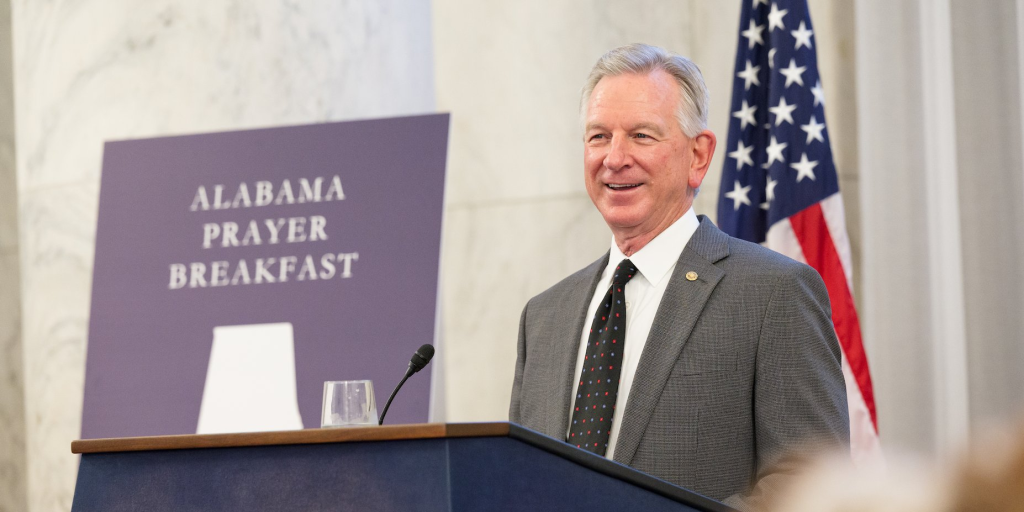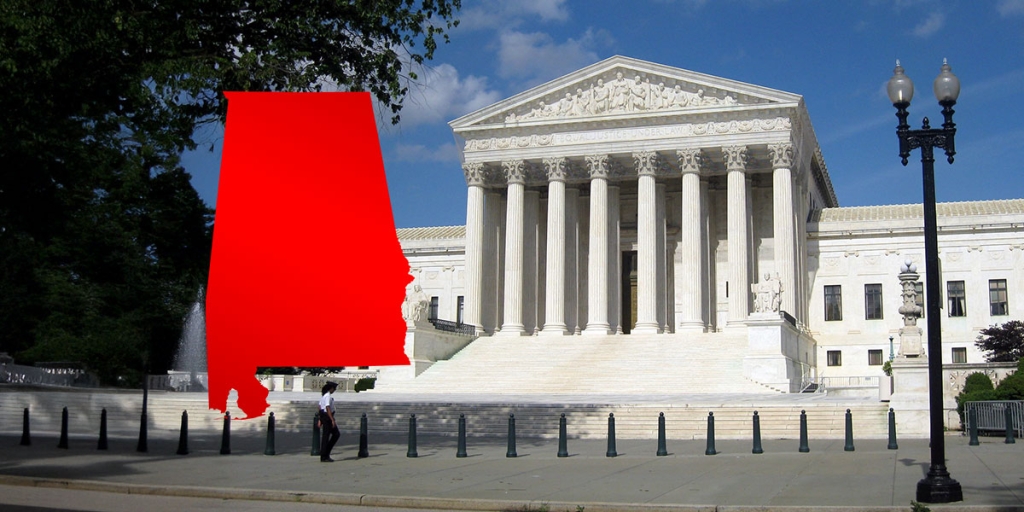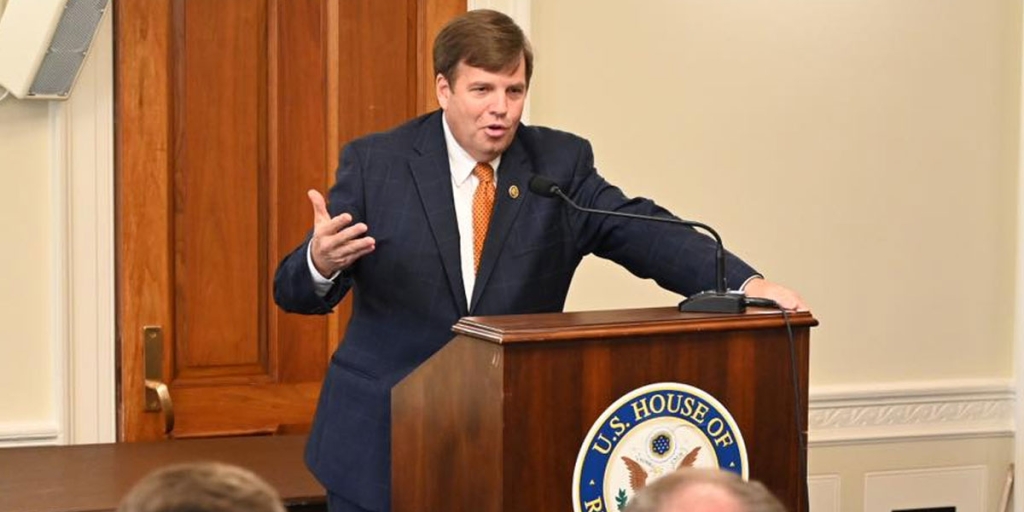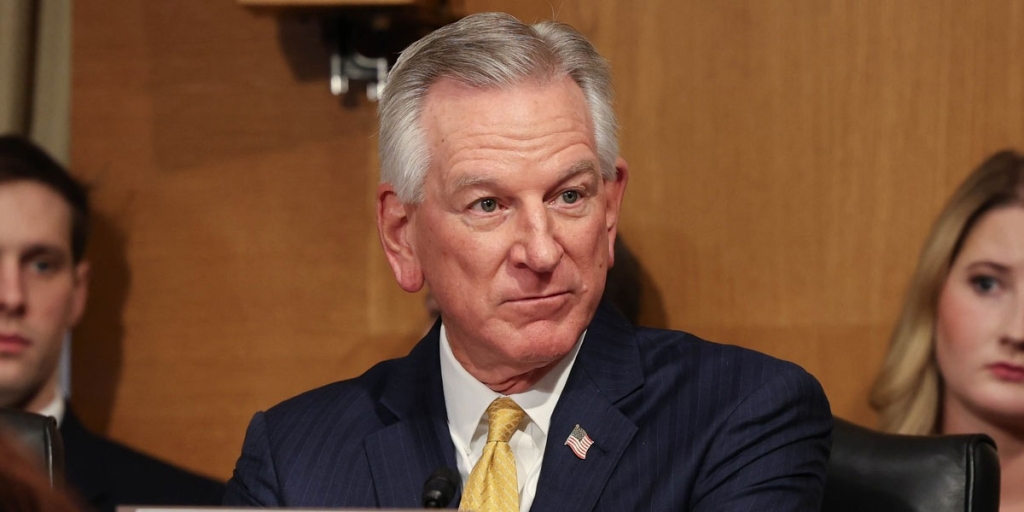Sens. Tommy Tuberville and Katie Britt joined 66 other lawmakers from the House and Senate to oppose a White House plan, are asking the Biden Administration not to enact a proposed Income Driven Repayment rule. The plan, according to the lawmakers, would slash the amount of debt student loan holders owe throughout the country by 40%.
An estimate from the Penn Wharton Budget Model shows that if the rule does goes into effect it would possibly cost as much $361 billion over the next decade, according to a statement from Tuberville’s office. There have been higher estimates from experts with some numbers coming at $1 trillion.
Within the letter, the legislators laid out their case for why the student loan plan suggested by the Biden Administration could have negative effects.
“Whatever the discount amounts to, the Constitution states that only Congress has the power of the purse,” the members wrote to U.S. Department of Education Secretary Miguel Cardona.
“Clearly, Congress did not and would not authorize the Secretary to write off half of the $1.6 trillion student loan portfolio with the stroke of a pen because we know our constituents are the ones ultimately responsible for paying for it, including those who never stepped foot on a college campus.”
The rule if put into place would do the following:
- Reduce payments of borrowers’ discretionary income monthly on undergraduate loans from 10 percent to five percent.
- Raise the amount of income that is considered non-discretionary income that is protected from repayment from 150% to 225%: 225% ($32,805 for an individual/$67,500 family of 4); 150% ($21,870 for an individual/$45,000 family of 4)
- Cover borrowers’ unpaid monthly interest, so that unlike existing income-driven repayment plans, no borrower’s loan balance will grow.
- Forgive loan balances after 10 years of payments, instead of 20 years, for borrowers with loan balances of $12,000 or less.
- Allow graduate borrowers to pay a percent of discretionary income between 5 and 10% based on the amount borrowed for undergraduate and graduate loans.
Austen Shipley is a staff writer for Yellowhammer News.













